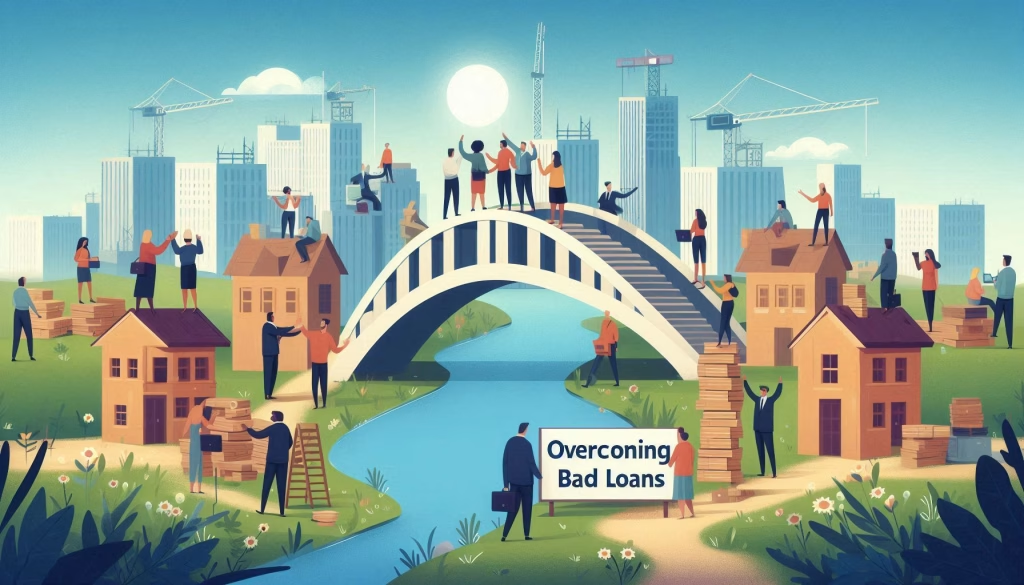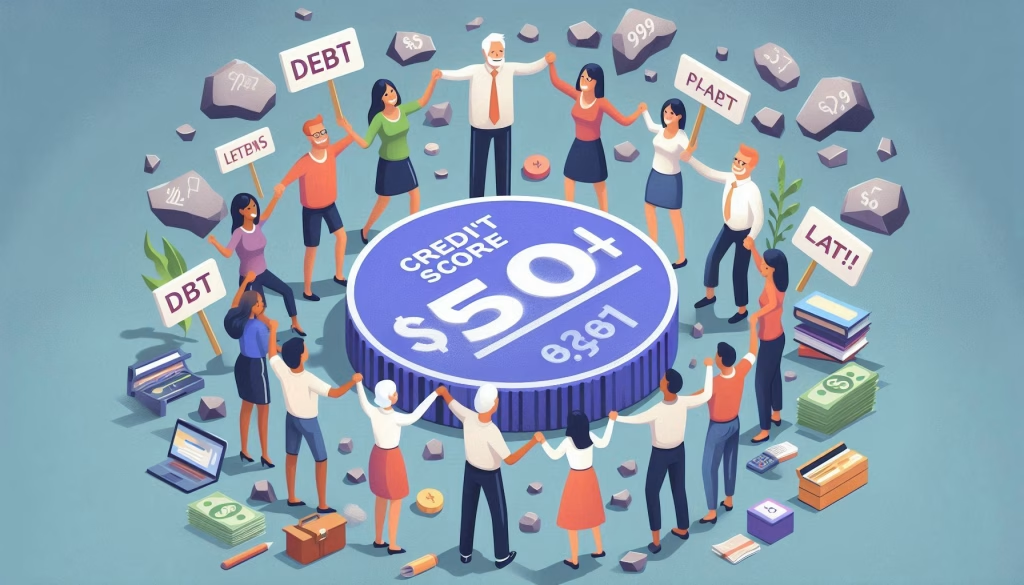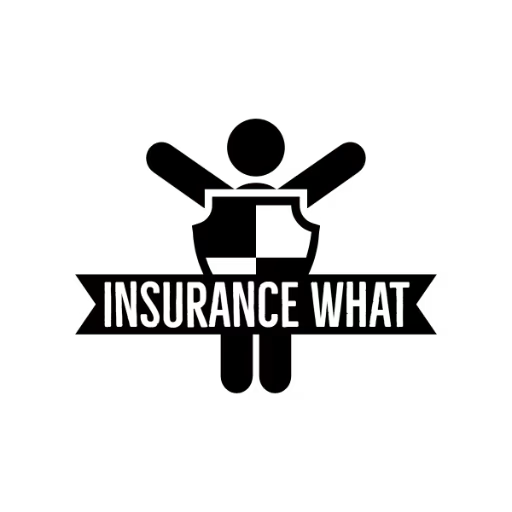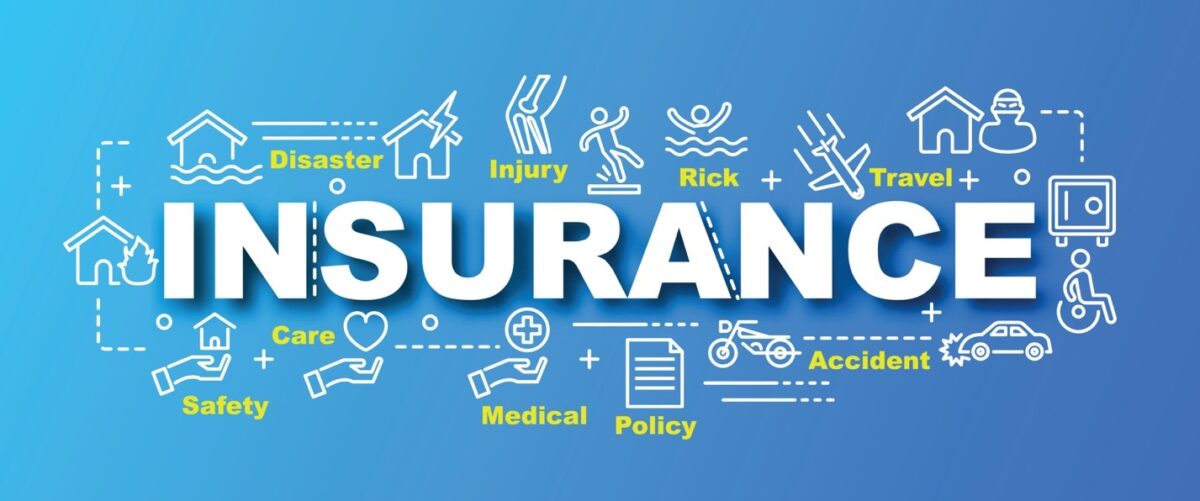Table of Contents
Overview
Debt can indeed be a financial burden and cause significant stress, particularly if the amount is substantial or beyond your capacity to repay.
If such a situation arises, making payments or even settling debts can become quite burdensome, even with installment plans. Initially, one may fall behind by a month, then two months.
Debt can balloon due to ongoing late fines and accruing interest, ultimately leading to default or bad credit. This applies to various forms of borrowing, including online loans, credit cards, unsecured loans, home ownership loans, and motor vehicle loans.
Bad credit occurs when a borrower or debtor is unable to repay their debts due to a lack of funds. This often happens when the debt becomes too large, making it impossible for the individual’s finances to cover the installments.
Avoiding Bad Credit

Bad loans can indeed be daunting for debtors. The bank will persist in its collection efforts until the outstanding bill or installment is settled.
It is very likely that your house will be visited by debt collectors. If it is not paid or repaid as well, valuable assets in your home will be confiscated, including the house you live in with your family.
Being a responsible debtor and avoiding bad credit is achievable by adhering to several borrowing principles, such as:
Avoiding Bad Credit No.1
InsuranceWhat.com
Only Borrow What You Need and Can Afford to Repay
When applying for credit from any lender, including banks, it’s important to borrow within one’s means and financial capacity. This implies that the requested credit limit should not significantly exceed the actual need.
Furthermore, in terms of financial capacity, it is ideal for debt not to surpass 30% of one’s salary or income. Exceeding this threshold may lead to a default on debt obligations.
With a substantial allocation like this, there’s no need to cut back on daily essentials since they are already budgeted for, accounting for 40%-50% of your monthly salary. This budget encompasses investments, insurance, emergency funds, and even entertainment expenses.
Avoiding Bad Credit No.2
InsuranceWhat.com
Avoid Consumptive Debt
Applying for a loan is indeed a right for every individual, and its uses are diverse. However, it is advisable to borrow money for productive purposes, such as business capital, purchasing work equipment, investing in property, among others.
Thus, the loan will be advantageous. It will generate earnings, allowing the income from business capital and labor to be utilized for debt repayment.
Avoid incurring debt for consumptive purposes that only serve to fulfill lifestyle desires or prestige. Consumptive spending is harmful as it yields no tangible returns, only financial expenditure.
Avoiding Bad Credit No.3
InsuranceWhat.com
Ensure You Pay Off Debts Promptly
The repercussion of taking on debt is the obligation to make timely payments. This is particularly true for loans from banks or fintech lenders, where late payments can result in penalties, potentially increasing the overall debt.
Avoiding debt repayment out of laziness, or intentionally delaying installments to use the funds for less critical needs or wants, is not advisable.
If you have been fined, the number of installments for the next month will be even larger. So it can exceed the limit of your ability to pay. This will be a disaster for you.
Overcoming Bad Loans

If you’re dealing with bad credit, it’s important not to panic. Remain calm and work cooperatively with the bank. Avoiding their calls will only exacerbate the issue, leading them to believe you intend to shirk your obligations and have no plans to settle the debt. Ultimately, this could result in the bank dispatching a debt collector to recover the dues.
To address the issue of bad credit, initially, you may visit the pertinent bank’s office to discuss your actual financial situation. Consider requesting a loan restructuring from the bank.
Restructuring is a strategy employed to enhance the creditworthiness of debtors or borrowers. This measure is taken when the debtor encounters challenges in fulfilling payment obligations to settle debts.
Generally, debtors in poor credit situations may be offered three types of restructuring options:
Overcoming Bad Loans No.1
InsuranceWhat.com
Rescheduling (rescheduling)
Loans or credit agreements typically include a repayment period during which the debtor repays the debt with interest, referred to as the tenor. In instances of bad credit restructuring, banks may modify the loan’s tenor to facilitate the resumption of manageable installment payments. For debtors with bad credit, extending the loan tenor is a common practice by banks to reduce the monthly installment burden.
The extension of the loan tenor will be tailored to the debtor’s payment capacity. For instance, if your vehicle loan with a two-year tenor is impacted by the pandemic, the bank may extend it to three years. Consequently, you can resume installment payments as the monthly amounts will be reduced automatically.
Overcoming Bad Loans No.2
InsuranceWhat.com
Restructuring
Banks may alter certain conditions when they discover their customers have bad credit. These modifications can include adjustments to payment schedules, time periods, among other terms.
It should be emphasized that this re-qualification is permissible provided that it does not alter the maximum credit limit. Therefore, customers are expected to be capable of repaying the principal amount of the loan.
For instance, if your business is losing money to the point where you’re unable to repay a loan and incur bad credit, the bank may propose a new loan.
The goal is for your business to recover and thrive. In doing so, you can expand your operations and continue to repay the loan until it is fully settled.
Overcoming Bad Loans No.3
InsuranceWhat.com
Reconditioning
Restructuring, in simple terms, can be seen as a measure taken by banks to modify the terms of credit to alleviate the burden on debtors with poor credit. This involves extending additional credit facilities, transforming overdue payments into new principal amounts, and revising payment schedules and requirements.
Through restructuring, banks have the ability to lower the interest rates imposed on debtors. This aims to enable customers to settle their principal debt with the bank.
Even when a debtor’s situation is so dire that they are deemed incapable of recovering from bad loans, the bank may offer an option to exempt them from interest. Thus, the debtor would only need to repay the outstanding principal amount.

The Conclusion
Better Avoid Bad Loans
If you have bad credit, it’s crucial to recognize that this reflects a negative credit history, possibly including loan restructuring with a bank. A history of bad loans can hinder future loan applications. Thus, it’s vital to borrow responsibly and sustain a positive credit record.
Do you think you have other ideas about Avoiding Bad Loans: Key Strategies for Financial Well-being? You can comment and share your thoughts below, or discuss more in the InsuranceWhat Forum. Also, read more articles about GLOBAL INSURANCE or other interesting insurance topic articles only at InsuranceWhat.com.






